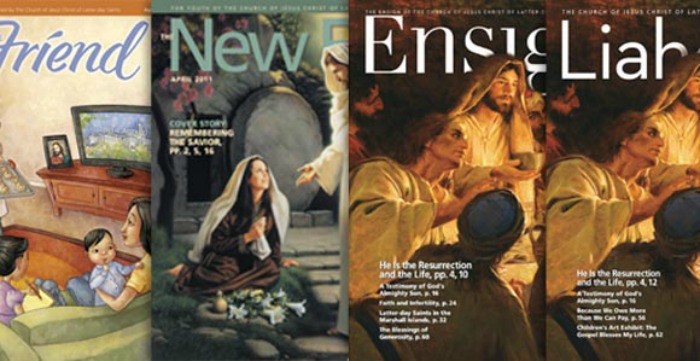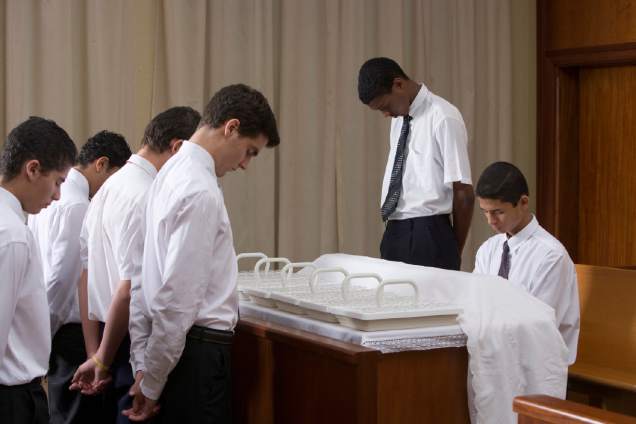Question
Hi Gramps,
I was just reading today and a question struck my mind. In my stake, we are discouraged to ask questions that do not directly pertain to our salvation, like trivia stuff for example. We were told to steer clear of those. Now my questions is, what is the significance of Section 7 as it pertains to our salvation? What does it profit us or is this just an answer to a trivia question?
Thanks Gramps,
Charles
Answer
Dear Charles,
A study of D&C Section 7, and the corresponding chapter in the Institute manual, gives us information we would not otherwise have. Among other things, this section revealed the truth of what happened to the Apostle John, and teaches about priesthood keys. Often we forget that knowledge we take for granted (such as John being translated rather than dying) was not clear prior to Joseph Smith receiving revelation on the matter. Without this knowledge, we might remain in doubt about things like the proper interpretation of John 21:20-23, or the restoration of the Melchizedek Priesthood, how spirits could lay their hands on mortal heads to perform this ordination (or at least how a mortal could feel that).
But I sense this isn’t the real problem. From your question, it seems your Stake President’s instruction frustrates you in some way. The problem is, I don’t know exactly what your Stake President said, when, where, or to whom he said it, so I can’t give you a second opinion on what his intent was. And that might be a good thing as it allows me to ask questions which might aid you in looking at this from a different perspective.
Is it possible you’re misunderstanding the intent or scope of the instruction? Is it possible your definition of “trivia” and the Stake President’s definition of “trivia” are different? (Or even the same, for that matter, and that the things he intended be left out are things you would also think should be left out?)
For example, Sunday talks and classes are not the place for speculation and trivia, they are places for preaching the doctrine as presented in the scriptures, lesson manuals, and General Conference talks. In part, this is because Sunday lessons are meant to reinforce and encourage the basics, and because the classes include people with a wide range of gospel understanding and experience, including relatively new converts. Instructing us to not use this time on trivia or speculation seems perfectly appropriate.
Telling people never to ask any question anywhere of anyone on any topic which does not directly pertain to our salvation would be silly and beyond the Stake President’s stewardship. But somehow I doubt the Stake President said or meant that. So could it be you’re misinterpreting the Stake President’s intent or scope? Might it not help to visit with the Stake President and clarify his meaning rather than remain frustrated?
Finally, I invite you to consider two things which I have learned over the years. One is that sometimes the Lord asks a group of us to do something which will benefit a few who have a very specific need. Is it possible this instruction will benefit a few, select individuals in your stake, or even one? Is it possible this instruction might prevent some teacher from wasting an entire Sunday lesson on things which are truly trivial, or worse, false, when someone who will be attending that class is in need of spiritual nourishment? The second thing I have learned is that following the instruction of priesthood leaders, even when we don’t see any good reason for it, brings blessings – and often teaches us that there was good reason behind it. (I see this as similar to the instruction given in John 7:17.)
Charles, rather than remaining in doubt about the intent, scope, or validity of this instruction, I encourage you to do those things which will remove such feelings: obey with faith, pray for guidance on how to understand and apply this instruction, and seek clarification from the Stake President who gave it.
Gramps







